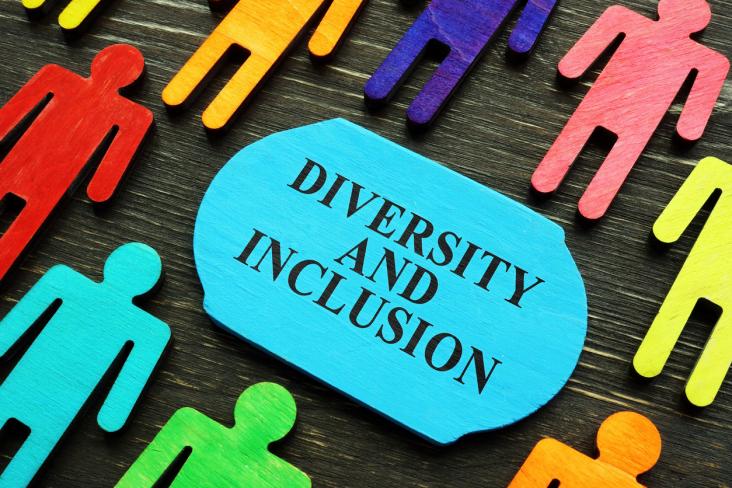In this study, the authors use topic modeling and critical discourse analysis to answer this question: what are the most significant topics of discussion within the Colombian feminist movement on Twitter during the COVID-19 pandemic?

The United States Supreme Court's landmark decision to strike down race-based admissions programs in higher education has far-reaching implications which also extend to the workplace. This article discusses ways this ruling may affect corporate diversity, equity and inclusion (DEI) program and also embolden some states to take further aim at DEI initiatives, and in so doing promote SDGs 5, 8 and 10.
The article focuses on gender issues in cross cultural communities.
This is a Personal View discussing socioeconomic risk factors for dementia in women in Latin American Countries, with emphasis on gender roles and expectations that can infleuence the onset and prevalence of dementia
This article highlights the risks of a polluted environment on our health, especially reproductive health and female fertility.
Explores gender differences in the interactions between people's travel behaviour and their mental health. Suggests policies and strategies that policy-makers and planners could use to promote better mental health specifically among either male or female populations.
Cluver is a multi-award-winning researcher, earning her place as one of the UK Research and Innovation's 15 Women with Impact in Research in 2019. “I think if we get the science right we can improve people's lives, children's lives”, she says, convincingly.

Having lived through the dissolution of the Soviet Union, Leyla Ismayilova's life experiences shaped her professional journey.
This study was designed to explore the relationship between Alzheimer's disease (AD) rates and socioeconomic conditions in 120 countries.

Shaquita Bell, who is both Black and Indigenous, recently became the 33rd Native-identifying full professor of medicine in the USA. Bell's work questions the idea of race as a driver of health outcomes, and aims to improve understanding of race as a social rather than a biological construct.
